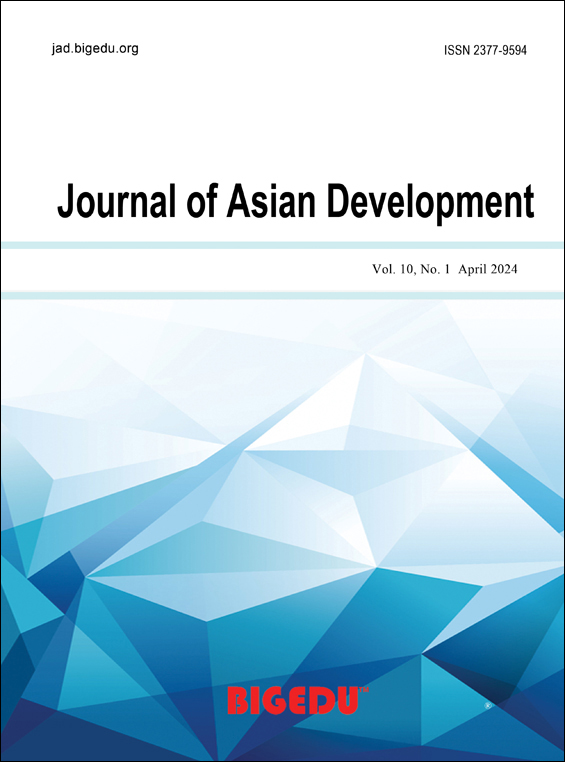Vietnam Land Market: Definitions, Characteristics, and Effects
https://doi.org/10.5296/jad.v7i1.18209
Abstract
The land is a vital resource, and the world’s powers that want to develop must rely on land as their core. Vietnam is in economic renewal, so whether the country can produce as expected or not depends on how land is used. The land conversion is continuously changing, leading to the constant volatility of the land market. Besides, the land is a unique commodity, and in a socialist country like Vietnam, only land use rights can be bought and sold. The article uses descriptive and explanatory methods to highlight the results that need research. This article also shows Vietnam’s land market characteristics through the primary market and the secondary market. This market decentralization creates a two-price mechanism, meaning that a piece of land is priced differently depending on the organization that uses it. This mechanism has created difficulties in producing an available land bank, leading to a reduction in investment attraction in this potential country.
Downloads
Published
How to Cite
Issue
Section
License
Copyright (c) 2021 Tran Tuan NGUYEN

This work is licensed under a Creative Commons Attribution 4.0 International License.
Copyrights of all articles published in Bigedu Foundation are retained by the authors, with first publication rights granted to the journal. The journal/publisher is not responsible for subsequent uses of the work.
All articles are published under the Creative Commons Attribution (CC-BY) license.
Authors have the rights to reuse, republish, archive, and distribute their own articles after publication, and undertake to permit others to distribute, remix, adapt, and build upon this work non-commercially provided the original work is properly cited. The full guidance that applies to the CC-BY license can be found at http://creativecommons.org/licenses/by/4.0/







